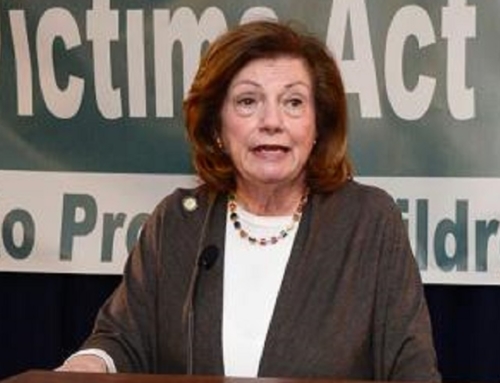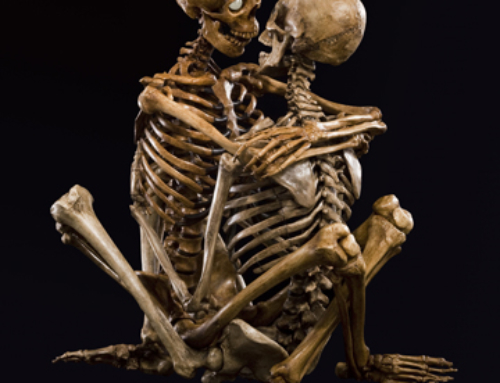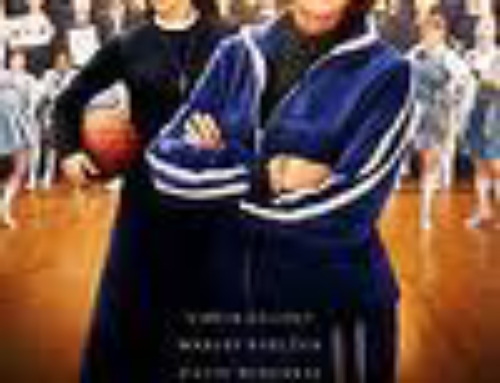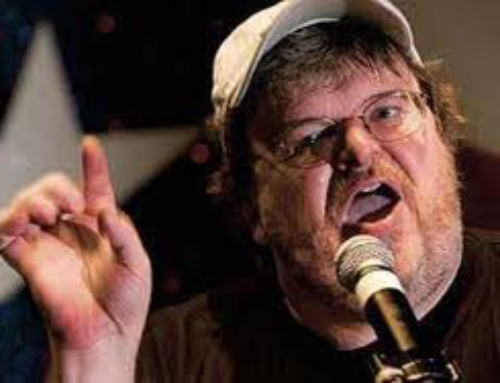According to the Washington Post’s Philip Kennicott, when Robert MacNeil addressed a recent gathering of American for the Arts, the journalist “lamented the influence of fundamentalism on science education, individual freedoms and the larger public dialogue about the hot-button moral and political issues of the day….And so, no surprise, he leapt to the defense of artists, in particular, from the influence of fundamentalism and the perils of the culture wars.” Kennicott reports that MacNeil Quickly turned his attention to what he called “the swing to Puritanism” that “gained energy when political consultants and lobbying organizations discovered the catnip (and the fundraising power) of pandering to those who could be persuaded that art is decadent, or immoral, or homosexual, and destructive of finer values.” And he argued that the importance of real creative freedom in the arts has never been more important, given this country’s ideological battle with violent, fundamentalist Islam. He even went so far as to compare Islamic fundamentalism with Jewish and Christian fundamentalism. “I am not for a moment suggesting that our fundamentalists harbor any violent intentions,” he
A Window into the Mind of the Left
[MacNeil] said, “but the initial psychology is similar to that which inspires Islamic reformers.” What is more interesting than MacNeil’s speech is Kennicott’s observation that “It was, perhaps, courageous of MacNeil to speak so bluntly, to an essentially liberal audience, about the threat he sees in fundamentalist Islam.” Yet the writer makes no comment on it being courageous to link Christians and Jews in this country with militant Islamic fundamentalists. That’s because such claims aren’t alien to many on the left.





